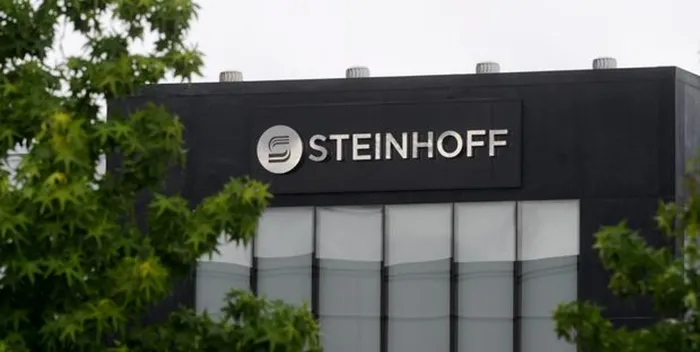Steinhoff forfeits R6.3bn to settle long-standing battle with SA Reserve Bank
ACCOUNTING IRREGULARITIES

Steinhoff International used to own a vast portfolio of retail brands and companies, mostly in the furniture and household goods sectors, as well as manufacturing facilities and operations in Europe, Africa, Asia, the US, Australia, and New Zealand.
Image: Henk Kruger/Independent Newspapers
The South African Reserve Bank’s (Sarb’s) seven-year probe into now defunct Steinhoff’s alleged breach of Exchange Control Regulations has finally been concluded with an agreement that what is now Ibex Group will no longer try recoup a previously forfeited R6.3 billion.
In a statement released on Thursday, the central bank said that it and Ibex Group had resolved all the disputes between the two parties in a “comprehensive settlement”.
“Both Sarb and the Ibex Group consider the settlement reasonable, proportionate and justifiable in light of the complex and competing interests,” the central bank’s statement said.
“Sarb and the Ibex Group consider this final settlement to be in the best interests of South Africa,” it added.
The Sarb said that the deal followed it having taken legal advice, considered the public interest, its mandate in terms of forex, investor confidence in South Africa, and promoting regulatory certainty by allowing the Ibex Group to settle its contractual obligations to its foreign financial creditors, it had agreed to settle the matter.
The deal allows Ibex to settle Sarb’s enforcement action by ceasing litigation over R6.3 billion – plus interest – of funds that had already been forfeited to the state. At the same time, SARB has granted permissions for Ibex to implement its Dutch court-approved winding down the remaining Steinhoff business units that it did not take over.
Former parts of Steinhoff that are now held by Ibex Holdings includes stakes in Pepkor, in addition to Mattress Firm and Pepco. While Ibex, which is based in Netherlands, is not a public company, Pepkor, Mattress Firm, and Pepco are listed in various jurisdictions.
Steinhoff collapsed in what is South Africa’s largest corporate explosion after Deloitte’s revelations that there were accounting anomalies, which resulted in Steinhoff losing 97% of its market capitalisation between August 2017 and March 2019 as investors fled.
At the time Steinhoff went bust, it owed more than R155bn to creditors, said Sarb.
“This company crisis threatened the Steinhoff Group’s continued existence and risked consequences, including forced asset sales or ‘fire sales’, significant losses to South African and foreign financial institutions and investors, and extensive job losses in South Africa and abroad,” said Sarb.
The Sarb added that the crisis also risked significantly affecting South Africa’s reputation as one of the most robust and well-regulated financial markets in the world. To prevent an uncontrolled liquidation and mitigate the financial distress facing the Steinhoff Group, debt restructuring and settlement processes were implemented across several jurisdictions between 2018 and 2023.
“These processes resulted in the Steinhoff Group fully repaying over R28bn owed to South African banks in 2018 as well as compensation to other South African investors amounting to approximately R18.5bn as part of the global settlement,” said Sarb.
The global settlement, in total, was worth around R29.6 billion at the time and was approved and sanctioned by international and local courts.
South Africa’s largest fund manager, the Public Investment Corporation, was one of the main global settlement beneficiaries.
A PwC investigation found that, in total, €6.5bn – or R134bn – illegitimately went through Steinhoff's books between 2009 and 2017 until the news of South Africa’s biggest corporate scandal emerged.
Steinhoff International used to own a vast portfolio of retail brands and companies, mostly in the furniture and household goods sectors, as well as manufacturing facilities and operations in Europe, Africa, Asia, the US, Australia, and New Zealand.
The former company is still named in an alleged price-fixing matter involving PG Bison – then indirectly owned by Steinhoff – and a firm with which it should have been in competition, Sonae, which proceeded to the Competition Tribunal in April.
BUSINESS REPORT